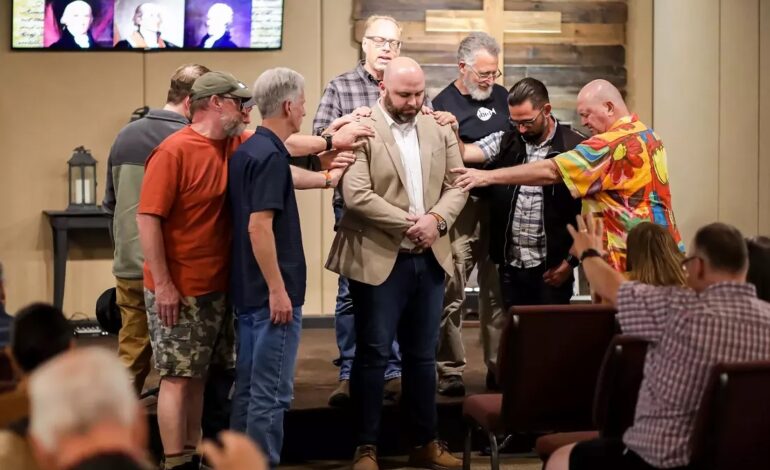Idaho’s Christian Nationalist Group Aims to Reshape Education Laws

The Idaho Family Policy Center has proposed a transformative vision for public education in Idaho, aiming to introduce mandatory Bible readings in every classroom. Under this plan, all public school teachers would read from the King James Bible each morning, reciting the entire text over a span of ten years. Students opting out would need parental permission. Although a related bill introduced in the Idaho Legislature this year did not gain traction, the policy center’s president, Blaine Conzatti, remains optimistic, stating, “We’re going to introduce it again next year, and I am confident and optimistic in the chances of success.”
The Idaho Family Policy Center has quickly risen to prominence as the largest conservative policy organization in the state. It has played a significant role in advancing controversial legislation, including laws that restrict access to abortion and impose limits on library content. While the U.S. Supreme Court has deemed mandatory Bible reading unconstitutional for over six decades, recent rulings have emboldened a movement of Christian nationalists who seek to diminish the separation of church and state.
Growing Influence and Controversial Alliances
The Idaho Family Policy Center is part of a national network of similar organizations and is closely aligned with Doug Wilson, a pastor known for his provocative views on theocratic governance. This alliance has gained further support from influential figures, including Pete Hegseth, former Secretary of Defense under President Trump, who has participated in events organized by the policy center. In a notable development, the center announced plans to establish a legal firm aimed at defending Christian rights in Idaho and enforcing its proposed laws.
This increasing influence has raised alarms among some observers. Liz Yates, program manager at the Western States Center, described the policy center’s ambitions as “anti-democratic,” warning that they aim to create a theocratic system that prioritizes one interpretation of Christianity over others. Conzatti, while rejecting the label of “Christian nationalism,” has stated his belief that Idaho should ideally have only Christians in public office, asserting, “The people of Idaho are a Christian people.”
Not all Christians in Idaho share this vision. Former pastor Ben Cremer criticized the push for mandatory Bible readings, arguing that it contradicts the teachings of Jesus, who promoted love and acceptance rather than coercion. Similarly, Mistie DelliCarpini-Tolman, a Planned Parenthood lobbyist, expressed concern for the safety of LGBTQ+ individuals in Idaho, fearing that the political climate may lead to increased discrimination and hostility.
Long-Term Goals and Legislative Strategies
As the political landscape shifts, figures like Conzatti and Wilson are pushing for a significant overhaul of Idaho’s governance, advocating for laws that reflect their interpretation of biblical principles. They propose not only banning abortion but also implementing religious tests for public offices. Conzatti has indicated that while they are far from achieving this goal, they view it as a desirable outcome.
The Idaho Family Policy Center’s strategy involves a comprehensive approach to influence legislation at every stage, from drafting bills to training lawmakers and rallying public support. This method has been effective in shaping Idaho’s legislative environment, with Conzatti noting, “Oftentimes we’re actually listed as a sponsor” of various bills. The organization has also partnered with national groups such as the Alliance Defending Freedom, which has a history of winning conservative legal battles.
Recent legislative efforts have included a controversial “heartbeat bill” that allows family members to sue abortion providers, along with proposals aimed at limiting discussions around gender identity and sexual orientation in schools. These initiatives have drawn criticism for promoting a culture of surveillance among Idahoans, as they encourage citizens to monitor and report on their neighbors.
Despite the organizational growth and funding—projected to reach $3.3 million in 2023—the political ambitions of the Idaho Family Policy Center face challenges. A Pew Research Center survey indicated that less than 21 percent of Republicans nationally support declaring Christianity the official religion. Moreover, some Idaho legislators express concern about the far-reaching implications of these proposals, emphasizing the need to maintain a separation between church and state.
As these debates continue, the Idaho Family Policy Center remains committed to its mission of promoting a legislative agenda rooted in its interpretation of Christian values, navigating a complex landscape where public opinion and legal precedents both play crucial roles in shaping the future of governance in Idaho.






